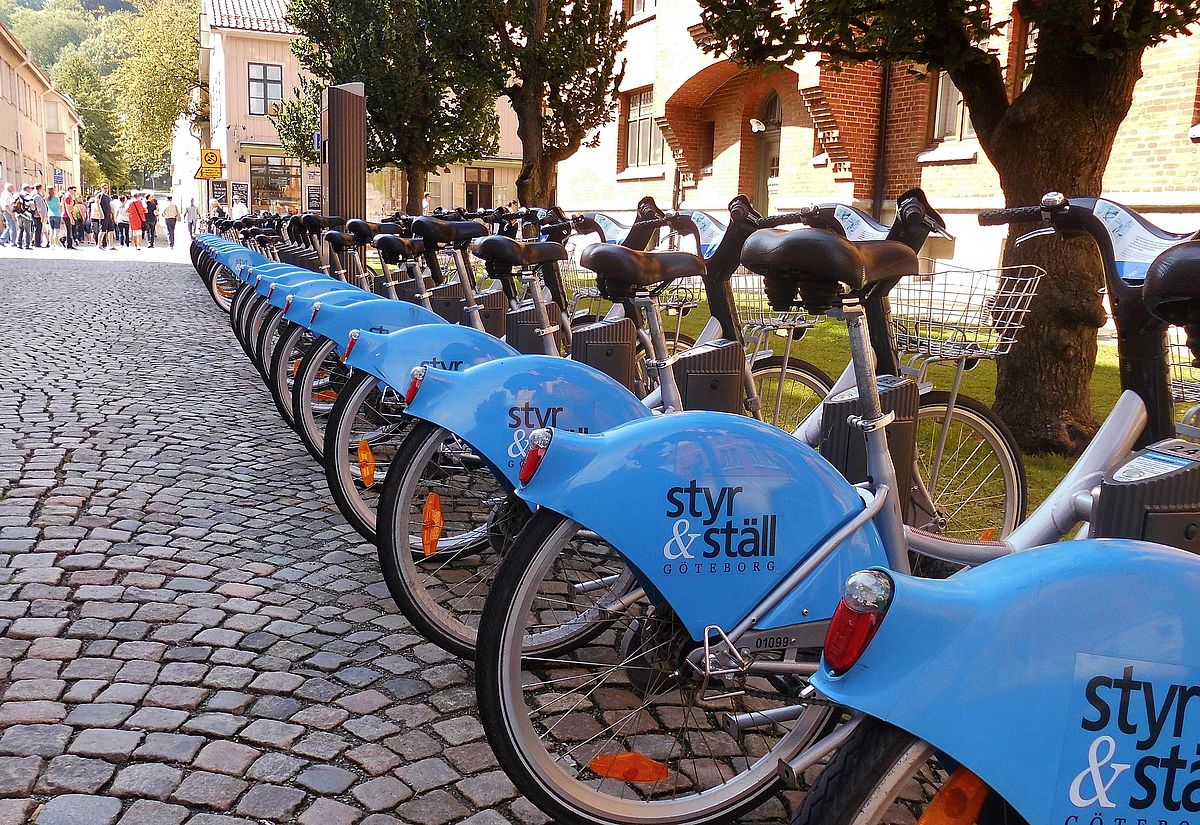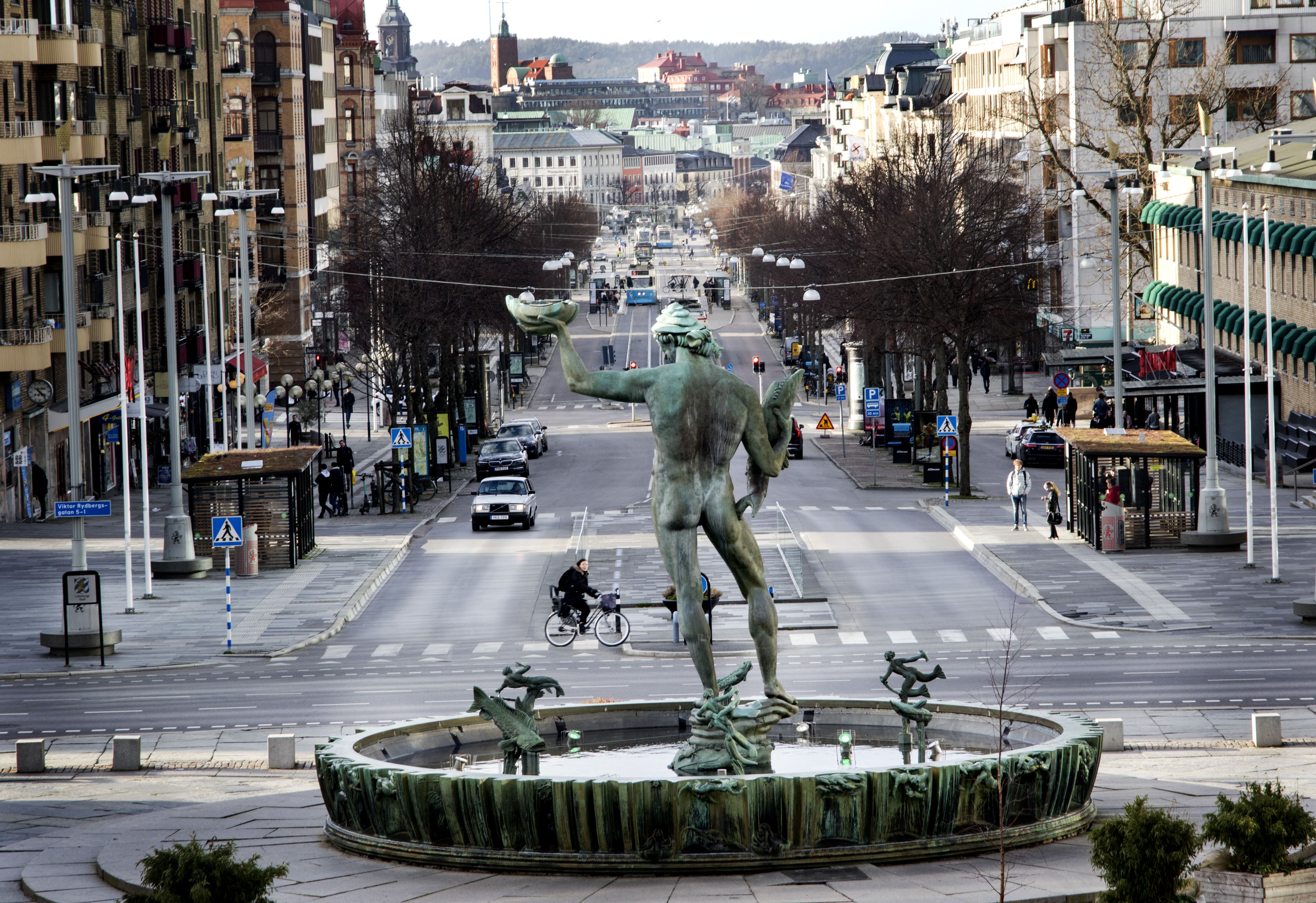Gothenburg, Sweden
Gothenburg, one of the 12 pilots of the EU Circular Cities and regions Initiative, has a circular strategy as part of the city’s Environment and Climate Programme 2021-2030. The circular strategy contributes to some of the city’s ambitious goals, such as reducing our climate impact from public purchasing and procurement procedures by 90% by 2030, and reducing waste generation by 40% between the period 2020–2030. In addition, Gothenburg was recently named one of the 100 cities under the EU Mission for Climate-neutral and Smart Cities that will become climate neutral by 2030. As such, the city commits to ambitious targets to reduce its climate footprint to be close to zero. To reach these targets, ambitious cross-sectoral and co-created action i needed. Through collaboration and partnerships, the city brings together the different stakeholders and actors in Gothenburg to enact the national circular strategy at local level. During the autumn 2020, the city collaborated with academia, civil society organisations and businesses to form recommendations for policy makers to accelerate the circular transition. This will in turn contribute to the local objectives, such as reducing the city’s climate footprint to close to zero by 2030
Public procurement and circular construction
Gothenburg is currently implementing many measures to reduce the climate impact from its purchase and procurement procedures,. This includes new, circular procurement requirements and an in-depth dialogue with market actors. Within this context, for the last five years, circular construction and demolition has been the focus of Gothenburg. 2022 became a milestone year for the city, when around 40 private and public property owners signed a circular declaration of intent; to establish a large-scale market for re-used materials established in Gothenburg in 2025.


Circular customer
Currently, the city is working towards adopting the innovative concept and model “the Circular Customer” by 2030. In contrast to traditional linear business models, the Circular Customer approach reduces the city’s inflow of virgin, finite materials and covers the entire user cycle from purchase to disposal. By demanding that companies procured by the city administration use largely re-used or re-cycled materials, Gothenburg encourages businesses to adopt circular business models in order to access the city's large customer base. In the user phase, the city wants material inflow to be slowed down through longer and more efficient material use, and to reduce the outflow of waste by closing material loops. Since the city’s circular strategy includes all material flows, such as food, furniture, electronics, construction materials and demolition waste, this will be an important measure to meet its climate targets.

